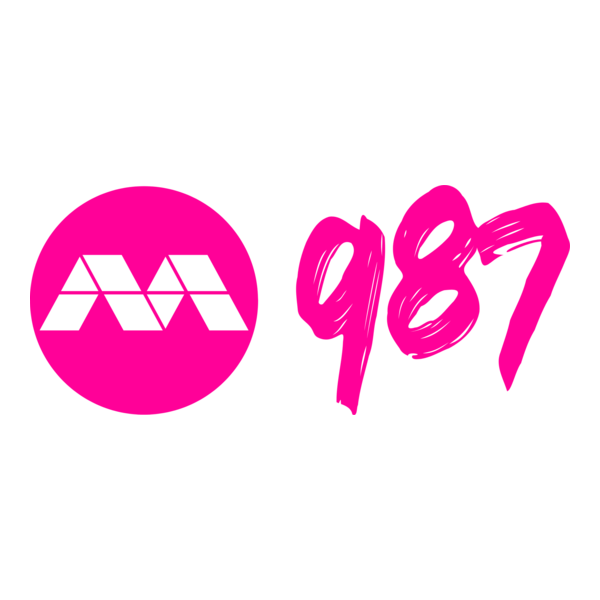Most people taking up a discipline-based or vocational education path have thought of this question at least once in their academic journey: “Do I really want to spend the next 50 years doing what I am studying for right now?”. Have you ever thought about that?
The definition for “jumping ship” is to leave an organisation for another and, according to International Data Corporation’s report from three years ago, Singapore had the highest percentage of employees in Asia who intended to leave their job within 12 months. So, this begs the question as to why Singaporeans are so willing to switch careers and organisations.
The answer to this depends on the individual because jobs people choose are typically based on what people believe that they are proficient at, have an interest in, and can satisfy their needs. For example, people would find jobs that fulfil their purpose in life or allow them to earn enough to afford their lifestyle.
According to the Japanese philosophical map, Ikigai, a subjectively “perfect” career is the culmination of what you love, are good at, can be paid for, and what the world needs. This means that when choosing a career, one or more of these factors can come into play. Choosing a career does not necessarily always mean going into something that you have studied and prepared for (though it often seems like the obvious and logical choice).
FINDING FREEDOM, PURSUING PASSION
When it comes to working hours, we would often think of the standard 9-to-6, five days a week, with at least 14 days of annual leave. Some see this as stability, while some find this clockwork-like structure to be too dry and restrictive, with little room for personal pursuits.
Ms Tiffany Cheang Wen Lin, 25, is an insurance agent and home-based business owner of Milk Blanc, a bespoke cookie bakery. Originally from Temasek Polytechnic’s Diploma of Green Building and Sustainability, she shared that the reason she went into both the insurance sector and the home-baking business is because she felt that “it bores [her] to have a repetitive life”.
Being an insurance agent and home-business owner allows her to have the freedom to explore and do something that she is passionate about. She shared that “the sky is the limit in what [she] can earn” by selling insurance, which was something that appealed to her, while still giving enough time to work on her passion project – decorating cookies at Milk Blanc.
Though this may be the case, she did not express any regret in choosing her course. “I would have chosen the same course because it’s still under architectural design. I wanted to learn design and Green Building [and Sustainability] felt like a futuristic course,” said Ms Cheang.
However, when it came to careers, she mentioned that she would have chosen something more relevant to her interest in design and being creative, such as becoming a tattoo artist, as it allows some freedom for other ventures as well.
When talking about a career switch, the circumstances around you definitely factor in as well.
Under the Ikigai, two things to consider are what you can be paid for and what the world needs. This means that one would also have to consider what they are most suited for in a volatile, uncertain, complex, and ambiguous (VUCA) world, as Mr Charleston Goh, a Human Resource Management and Psychology lecturer in RP, puts it.
He brings up an example of COVID-19’s impact on the Hospitality and Tourism industries in Singapore. Many store managers, cafe managers, and restaurant managers found their jobs being at risk at the beginning of the pandemic.
He highlights: “Shifting from industries, changing industries, and changing career tracks has always been [present]. It’s just that with the COVID situation, it probably helped to exaggerate the situation.”
People need to find ways to make money and put food on the table for their families, so the circumstances change and the industry gets hurt badly, it might even be inevitable to look for a job in another industry that could use the manpower. One example of this would be the number of people who took on jobs as delivery riders during the pandemic, as they were responding to a demand that could give them what they needed in exchange.
HIRE-ABILITY
Of course, when looking for a job in an industry in which you do not have the qualifications, it can seem daunting, especially with your fellow interviewees who might have the necessary or relevant diploma or degree. However, it is important to note that there is so much more to a job than your academic qualification.
Mr Goh mentions that even when applying for a different field, there are things like transferable skills that can carry you through as an eligible candidate. He said that regardless of what diploma or degree you have, or even what jobs you have worked in before, there are always “transferable skills that you can pick up”. These include soft skills such as teamwork, problem-solving, and communication that “cut across all industries”.
He brought up the issue of the character and personality of the candidate themselves. He shares that one of the most fundamental traits that employers are looking for in students is resilience, which is defined as “the will to move forward and not give up”. If one has a willingness to learn and determination to press on, it would be something that employers would take into consideration.
Whether you are certain in your path, or you are thinking about a switch in industries, one piece of advice Mr Goh has is to “do it when you’re young, do it when you don’t really have that many commitments yet”. As time passes, when we move on with our lives, like settling down and building a family, there will certainly be more commitments and less room for experimentation.
If you do want to experiment, make use of this time to try out different jobs and career options to find out what interests you, and what you want to spend the majority part of your working life doing.






